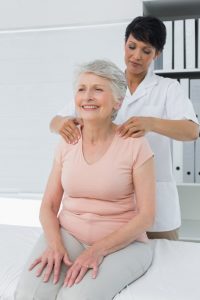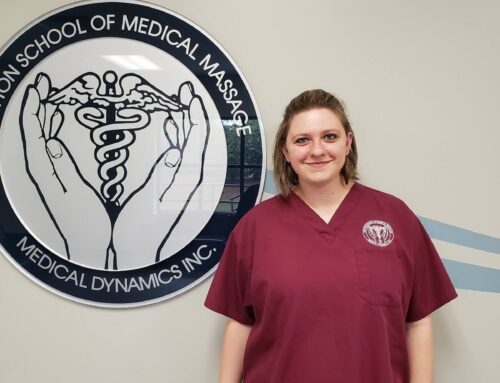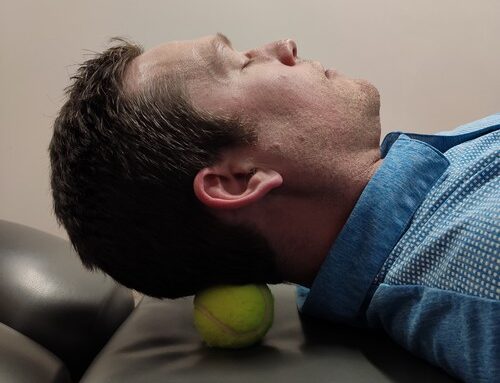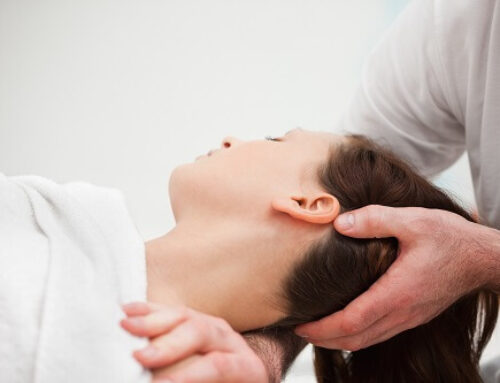 Globally, the proportion of people over 65 years is rapidly rising. Increased longevity means older people may experience a rise in physiological and psychological health problems. These issues potentially place an increased demand for quality care for the older person. Complementary approaches such as massage appear to be needed in quality residential care. Pain is a highly prevalent and clinically important problem in the elderly. Unfortunately, due to difficulties in assessing pain in geriatric patients, the complexities of multiple comorbidities, and the high prevalence of polypharmacy, many practitioners are reluctant to treat pain aggressively in this population. A recent review of the scientific literature found that evidence suggests massage may be advantageous from client and nursing perspectives. Older clients perceive massage to positively influence factors such as pain, sleep, emotional status and psychosocial health. Evidence also demonstrates massage to benefit the both the client and the organization by reducing the pharmacological intervention. The authors of this study conclude that “Massage offers benefit for promoting health and well-being of the older person along with potential increased engagement of family in care provision. Integration of massage into daily care activities of the older person requires ongoing promotion and implementation.”
Globally, the proportion of people over 65 years is rapidly rising. Increased longevity means older people may experience a rise in physiological and psychological health problems. These issues potentially place an increased demand for quality care for the older person. Complementary approaches such as massage appear to be needed in quality residential care. Pain is a highly prevalent and clinically important problem in the elderly. Unfortunately, due to difficulties in assessing pain in geriatric patients, the complexities of multiple comorbidities, and the high prevalence of polypharmacy, many practitioners are reluctant to treat pain aggressively in this population. A recent review of the scientific literature found that evidence suggests massage may be advantageous from client and nursing perspectives. Older clients perceive massage to positively influence factors such as pain, sleep, emotional status and psychosocial health. Evidence also demonstrates massage to benefit the both the client and the organization by reducing the pharmacological intervention. The authors of this study conclude that “Massage offers benefit for promoting health and well-being of the older person along with potential increased engagement of family in care provision. Integration of massage into daily care activities of the older person requires ongoing promotion and implementation.”
Reference:McFeeters S, Pront L, Cuthbertson L, King L. Massage, a complementary therapy effectively promoting the health and well-being of older people in residential care settings: a review of the literature. Int J Older People Nurs. 2016 Dec;11(4):266-283.




